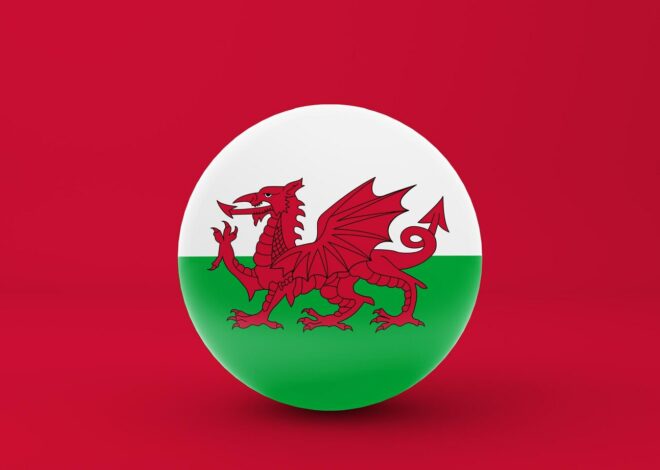
Football History : A Deep Dive into the History of Football
Football, known as soccer in some parts of the world, has an illustrious history that spans centuries. From its humble origins to its current status as a global phenomenon. The beautiful game has captured the hearts of millions worldwide. In this exploration of football history, we will embark on a journey through time, delving into key moments, iconic players, and memorable events that have shaped the sport we all love. Football has also reconnected and made a living to fans through online casino betting.
The Birth of Football
Football’s origins can be traced back to ancient civilizations like the Chinese, Greeks, and Romans, who played various forms of the game. However, it was in medieval Europe that the sport began to take shape, with different regions developing their own versions of the game.
The Cambridge Rules
In the 19th century, football began to standardize its rules. The Cambridge Rules of 1848 were pivotal in shaping the modern game, laying the groundwork for the sport’s development and growth.
The Formation of Football Associations
Football associations started to emerge in the late 19th century, with England’s Football Association (FA) established in 1863. These associations played a crucial role in organizing competitions and codifying the rules of the game.
The First International Match: England vs. Scotland
The first official international football match took place in 1872 when England faced off against Scotland. This historic event marked the beginning of international football competitions, paving the way for tournaments like the FIFA World Cup.
The FIFA World Cup: A Global Spectacle
The FIFA World Cup, inaugurated in 1930, has become the pinnacle of international football. The tournament showcases the world’s best teams and players, uniting nations in a celebration of the sport.
The Legend of Pelé: A Global Icon
Pelé, a Brazilian football legend, rose to prominence in the 1950s and ’60s. Captivating fans with his extraordinary skills and winning three World Cups, (1958, 1962, and 1970). He remains one of the most iconic players in football history.
The Hand of God: Maradona’s Magical Moment
Diego Maradona’s “Hand of God” goal during the 1986 World Cup and his incredible solo goal in the same tournament cemented his status as one of the greatest footballers of all time.
The Rise of Club Football: The UEFA Champions League
Club football has also seen remarkable growth, with the UEFA Champions League standing out as one of the most prestigious competitions. Clubs like FC Barcelona, Real Madrid, and Bayern Munich have left an indelible mark on the tournament.
Football’s Cultural Impact: A Global Phenomenon
Football transcends borders and cultures, serving as a unifying force. It has inspired art, music, and literature and has played a role in promoting social change and raising awareness of important issues.
The Evolution of the Beautiful Game
Football continues to evolve, with advancements in technology, changes in playing styles, and a growing emphasis on fair play and inclusivity. The sport remains as captivating and relevant as ever.
Conclusion
Therefore, football’s history is a testament to its enduring appeal and cultural significance. It has evolved from its ancient roots to become a global phenomenon, uniting people of diverse backgrounds and providing moments of joy, excitement, and inspiration. Also we look back on the journey of the beautiful game, we can appreciate the impact it has had on society. Therefore, football’s rich history is a source of pride for fans worldwide, and it continues to shape the future of the sport.


